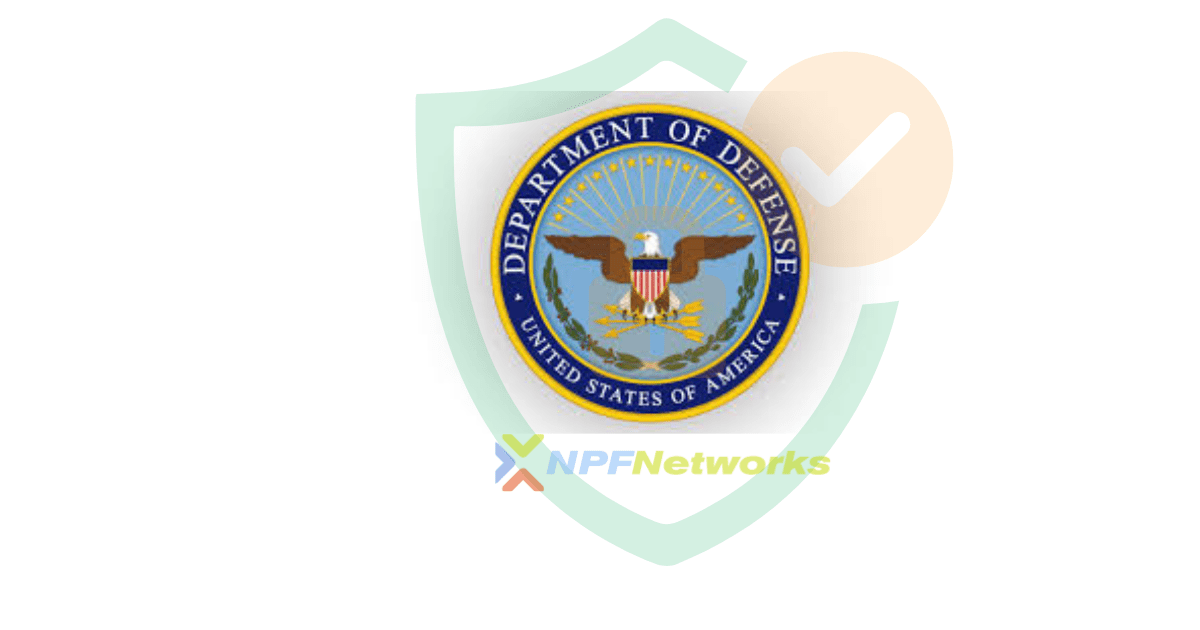In today’s interconnected world, cybersecurity has become a cornerstone of national security. For the Department of Defense (DoD), safeguarding sensitive information is critical to protecting the United States against evolving cyber threats. As a result, DoD contractors are expected to adhere to stringent cybersecurity standards to maintain the integrity of defense operations and supply chains.
The Importance of Cybersecurity for DoD Contractors
The DoD works with a vast network of contractors to develop and deliver cutting-edge technologies, weapons systems, and intelligence capabilities. These contractors handle a wide range of sensitive data, including classified military information, proprietary designs, and personal data of service members. If compromised, this information could have catastrophic consequences, including exposing vulnerabilities to adversaries.
The Rising Threat of Cyber Attacks
Cyber threats against the defense sector are escalating in frequency and sophistication. Advanced persistent threats (APTs) from nation-state actors and other cybercriminal organizations aim to exploit weaknesses in contractor systems. A single breach could lead to:
- Disruption of military operations
- Theft of classified information
- Compromise of national security
- Financial and reputational damage to contractors
To counter these threats, the DoD requires robust cybersecurity practices across its ecosystem.
Cybersecurity Standards and Requirements for DoD Contractors
The DoD has implemented several frameworks and regulations to ensure contractors meet high cybersecurity standards. Key initiatives include:
1. Cybersecurity Maturity Model Certification (CMMC)
The CMMC is a comprehensive framework designed to standardize cybersecurity practices among DoD contractors. The model includes five levels of maturity, ranging from basic cyber hygiene to advanced practices. By 2026, all contractors must obtain CMMC certification to bid on DoD contracts.
- Key Focus Areas: Access control, risk assessment, incident response, and data encryption.
2. Defense Federal Acquisition Regulation Supplement (DFARS) Clause 252.204-7012
This regulation mandates that contractors implement security controls from the NIST SP 800-171 guidelines to protect Controlled Unclassified Information (CUI). Additionally, contractors must report cyber incidents promptly and cooperate with DoD investigations.
3. Zero Trust Architecture
The DoD has embraced the Zero Trust model, which assumes no entity is inherently trustworthy and requires continuous verification for access to systems and data. Contractors must incorporate Zero Trust principles into their operations to strengthen defense-in-depth strategies.
Best Practices for DoD Contractors in Cybersecurity
To meet DoD requirements and ensure compliance, contractors should adopt the following best practices:
1. Conduct Regular Risk Assessments
Assessing vulnerabilities and identifying potential threats is essential. Contractors should conduct periodic evaluations to ensure their cybersecurity posture aligns with DoD expectations.
2. Implement Advanced Security Technologies
Deploying tools such as multi-factor authentication (MFA), endpoint detection and response (EDR), and security information and event management (SIEM) systems can mitigate risks effectively.
3. Train Employees on Cybersecurity Awareness
Human error remains a leading cause of data breaches. Providing ongoing training to employees on phishing, password security, and safe handling of sensitive information is crucial.
4. Maintain Incident Response Plans
Contractors must have a robust incident response plan to quickly address and recover from cyber incidents. Regularly testing these plans ensures readiness in the event of a breach.
5. Collaborate with the DoD
Open communication and collaboration with the DoD can help contractors stay informed about emerging threats and updated cybersecurity protocols.
The Future of Cybersecurity in DoD Contracts
As cyber threats continue to evolve, the DoD is expected to enhance its cybersecurity requirements further. Emerging technologies, such as artificial intelligence and quantum computing, will play a pivotal role in strengthening defense mechanisms. Contractors must stay ahead of these trends to remain competitive and compliant.
Conclusion
The Department of Defense relies heavily on its contractors to maintain the security and superiority of U.S. military operations. Upholding rigorous cybersecurity measures is not only a regulatory requirement but also a moral obligation to protect national interests. By adopting robust cybersecurity practices and aligning with DoD standards, contractors can play a vital role in ensuring the resilience of America’s defense infrastructure.
For contractors aiming to succeed in the defense sector, prioritizing cybersecurity is non-negotiable. The investment in secure systems and practices today will safeguard the future of both their businesses and the nation they serve. Contact NPF Networks to learn more (303) 778-9499







Leave a Reply